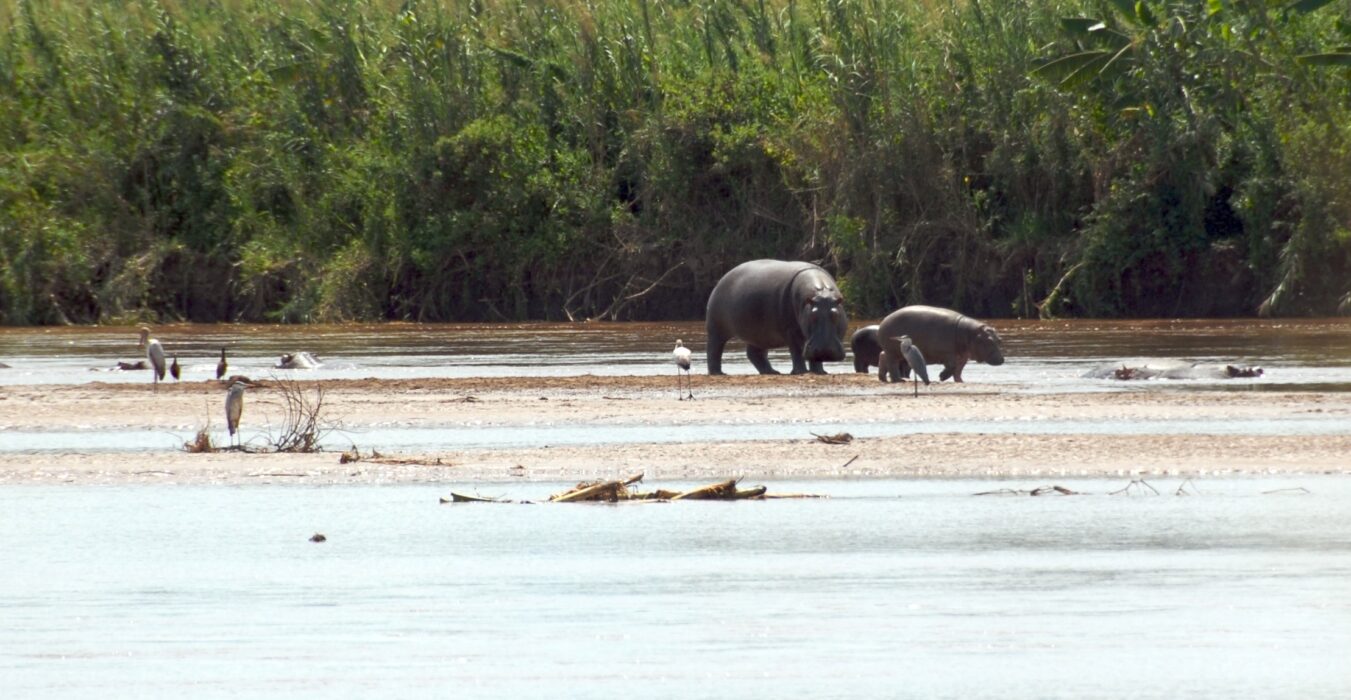In Burundi, on the shores of Lake Tanganyika, lies the Rusizi National Park, a nature reserve of astonishing biodiversity. This 10,673-hectare protected area offers adventurers the chance to immerse themselves in the heart of the wild. This article takes you on a tour of this protected area in Burundi, where African nature is revealed in all its splendour.
Rusizi National Park
Created in 1980, the Rusizi National Park occupies the Rusizi plain in north-western Burundi. It takes its name from the Rusizi River, which flows into Lake Tanganyika and whose delta forms part of the reserve. In addition to this swampy ecosystem, the park includes areas of savannah and gallery forest, offering a wide variety of habitats for wildlife.
Its geographical location on the border with the Democratic Republic of Congo makes it of strategic interest for the conservation of the region's biodiversity.
Fauna of Rusizi National Park
The park is home to some of East Africa's most emblematic wildlife, offering visitors a unique opportunity to come into contact with these fascinating animals:
- Hippopotamuses : The Rusizi delta is the kingdom of the hippopotamus. Watching them from a boat is a spectacular and moving experience.
- Crocodiles : Among them is the legendary Gustave, a giant crocodile whose reputation extends beyond the borders of Burundi.
- Birds : The park is a real birdwatcher's paradise, with over 250 species of birds listed. Pelicans, cormorants, egrets and crowned cranes are just some of the species you can admire.
- Antelopes : You'll come across sitatungas, topis and reedbucks, as well as buffalo.
- Primates : The wooded banks of the Rusizi are home to various species of monkey, including baboons and vervets.
Activities and discovery of the park
Rusizi National Park offers a variety of activities to discover its natural riches in a responsible manner:
- Boat safaris : On the Rusizi River to observe hippos, crocodiles and birds. Night drives are also available.
- Birdwatching : Wetlands and diverse habitats attract a multitude of birds.
- Hiking : The park is criss-crossed by trails. Hiking allows you to really immerse yourself in the environment, and gives you the chance to get up close to some of the more discreet species.
Logistics and tips for preparing your visit
- Ideal period : The dry season (June to September) is the best time to visit the park. Animals are easier to observe as they gather near waterholes.
- How to find us : The park is located near Bujumbura, the capital of Burundi. From the capital, it's a 2? hour drive, mainly on dirt roads.
- Accommodation : Few accommodations are available in the immediate vicinity of the park. Day trips can be organized to Bujumbura or Cibitoke.
- Guides and guards : For safety reasons, we strongly recommend that you use the services of a guide who is familiar with the park and its wildlife. It is also essential to be accompanied by a park ranger during your visits.
The importance of responsible tourism in Rusizi National Park
Like many nature reserves, Rusizi National Park has to strike a delicate balance between preservation and development. Tourism can have both a positive and negative impact on the area:
- Positive impact : The economic spin-offs generated by tourism can support conservation efforts and the incomes of local populations. This encourages environmental protection.
- Negative impact: Poorly managed tourism can disturb wildlife, cause pollution and create conflicts of use.
For responsible tourism in the park, respect these principles:
- Give preference to local suppliers (guides, accommodation).
- Stay on the marked trails and don't disturb the animals.
- Avoid single-use plastics, and take your garbage with you.
Conclusion
Rusizi National Park offers an exceptional adventure for nature and wildlife lovers. Its varied landscapes, rich biodiversity and opportunity to observe emblematic African animals make it a unique destination in Burundi.
However, it is important to remember that the protection of this natural jewel is essential. Responsible tourism, in collaboration with the efforts of local authorities and communities, is the key to ensuring the longevity of this protected area and offering future generations the opportunity to discover this priceless treasure.


There are no reviews yet. Be the first one to write one.